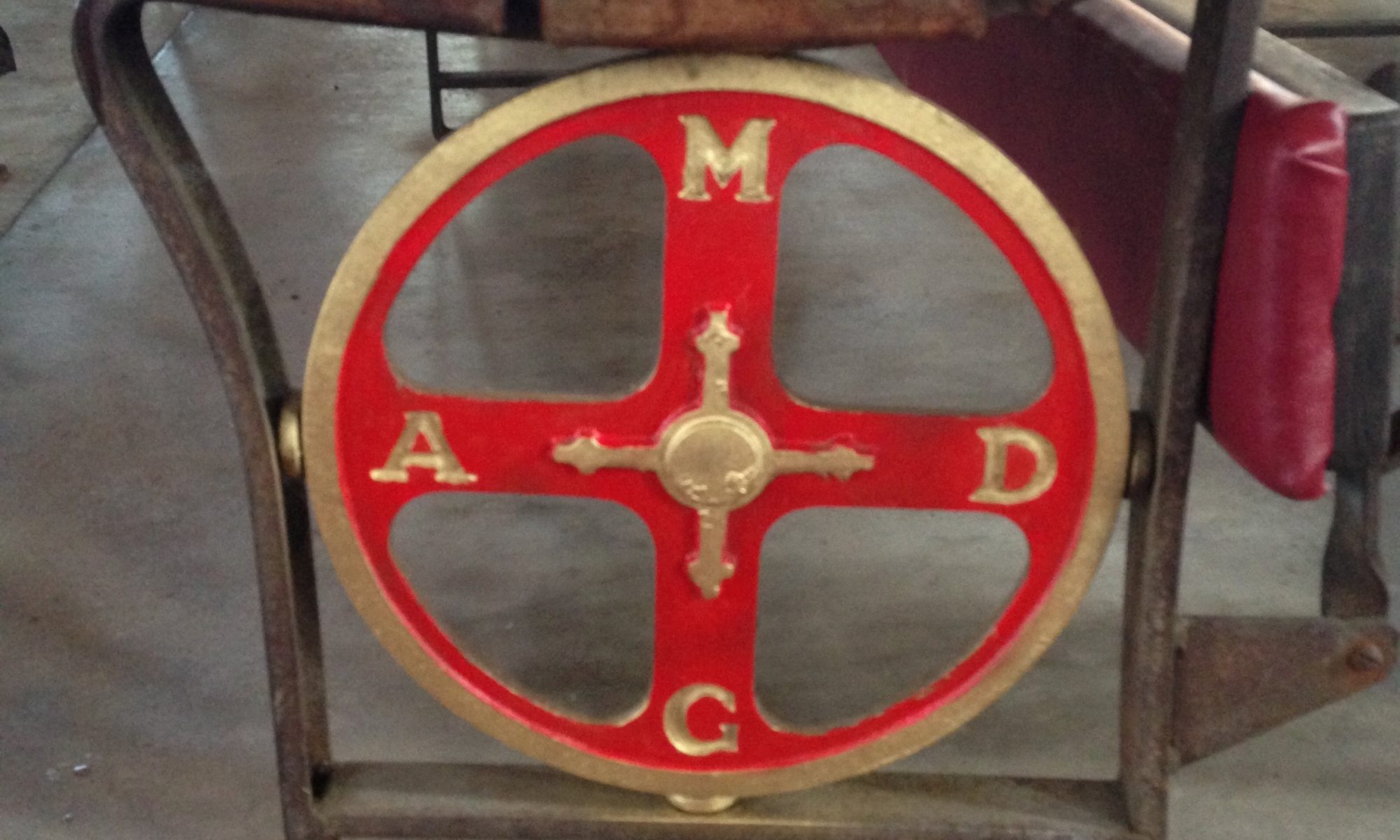The project is starting to really get exciting. While I knew the internet was a great way to connect people and ideas, I guess I didn’t really think my blog would be good at that. Well, the blog got a ton of traffic recently, and I think much of it might be from the site-sharing going on with members of St Stephen’s. I had several people identify who I was at church today with ‘oh you’re the one with the blog!’
I will jump right into some elaboration regarding that pesky article 13. Father Egan told us this morning that many people were confused by it. I will try to update it based on what he said. Yes I do still think the original article is rather severe sounding and possibly needs to be reworded. I will give you the text and then the explanation. Here is the article word for word:
Article XIII (13) Of works before Justification-
Works done before the grace of Christ, and the Inspiration of his Spirit, are not pleasant to God, forasmuch as they spring not of faith in Jesus Christ; neither do they make men meet to receive grace, or (as the School-authors say) deserve grace of congruity: yea rather, for that they are not done as God hath willed and commanded them to be done, we doubt not but they have the nature of sin.
And the explanation from this morning is as follows: From an earlier article we learned that through Adam we are sinful- not because of a sin he did, but because he was by nature a sinful person. I guess it could be restated as saying humans can sin. (Just in case you are like me and aren’t convinced there was a literal Adam) So sin is in all of us, in our DNA as it were. The article is meant to refer to ANYONE outside of justification as being in a state of sin. Even if they do good works. The good works are still good, but you need justification. And justification, while a little bit hard to pin down, means approximately- allowed into heaven because of faith and grace. So who is outside justification? I guess atheists and babies? And the do-gooding atheists are probably ahead on that one because babies don’t really know how to do good works yet. Another example that was used was the Christian that attends church every Sunday vs. the part timer who comes on Christmas vs. the non-believer. Ok I have to admit I didn’t completely follow on this one. I think it has to do with how invested you are in your faith and thereby how likely to be in on the grace and the justification. Maybe someone else understood it and can let me in.
Other articles we heard about this Sunday included one that specifies ONLY JESUS was without sin. It directly opposes the Catholic view that Mary who gave Jesus birth was also sin-free. Fun fact: Virgin Mary was the one being conceived during the immaculate conception, NOT Jesus. That, just to reiterate, is a Catholic viewpoint on the topic. We also touched briefly on what the Anglican church calls ‘sins against the Holy Spirit’. They are the sins of not listening to knowledge and willfully shutting out the truth. I thought this was really interesting because different people can see different things as true. A great example is that fictional atheist we keep talking about. He believes it is a fact that God does not exist. Is that seen by the Episcopal church as willful self deception? How are we to judge whether someone is lying to the world or to themselves? Or just confused? And how are we to know if we are confused and someone else has the truth? It is something I’ve been stumbling with for several years now. There doesn’t really seem to be a satisfactory answer. But that’s part of my project too. Seeing how others satisfy themselves with their faith and trying to find the tools I need to satisfy myself with my own belief as it grows and changes.
My plan for next week is to attend the 9:30 talk at St Stephen’s and then scoot over to my next stop -St Thomas the Apostle. It should be a nice chance to revisit my roots and talk about some of the stuff I grew up with as well.
